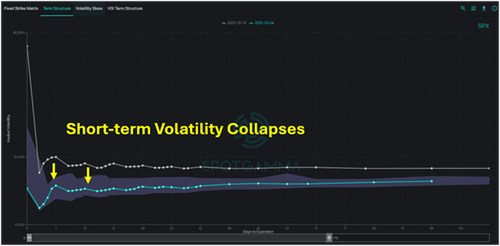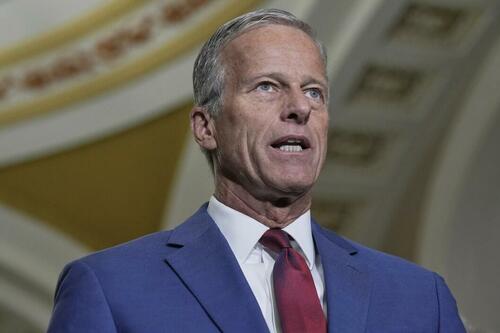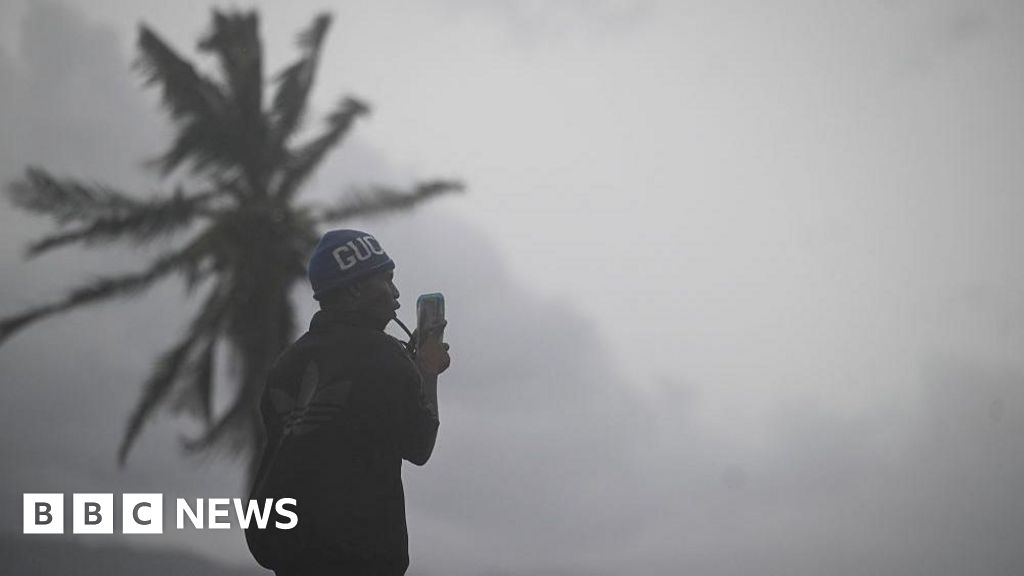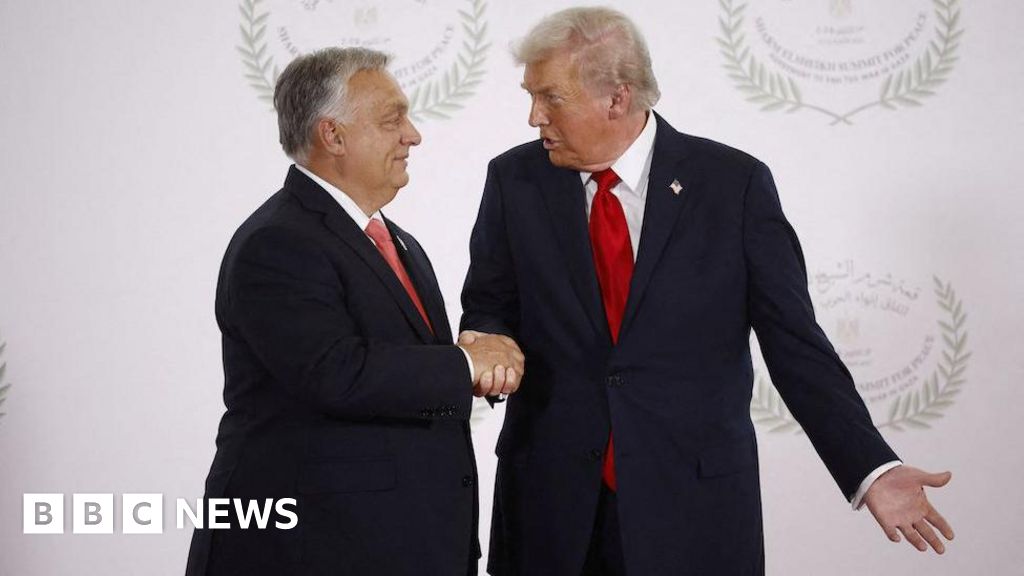Japan To Remove Defense Export Ban | Armstrong Economics

Japan has strictly regulated, if not banned, the majority of defense exports for over three decades. Japan recently outbid Germany for a lucrative contract to export submarines to Australia, marking the first major defense contract in years. Japan also assisted the US in creating Patriot missiles that have been in high demand since the start of the war in Ukraine. Under new leadership, Japan plans to remove bans on defense exports.
The Liberal Democratic Party was aligned with the Buddhist Party Komeito and essentially took a pacifist stance. Critics accused Komeito of falling under Beijing’s influence and prioritizing amity to prevent the nation from increasing its adherence to and loyalty to NATO and the West.
Prime Minister Sanae Takaichi and her coalition partner, the Japan Innovation Party, have taken a nationalist stance and plan to abolish any defense export restrictions. The “Three Principles on Transfer of Defense Equipment and Technology” currently provides guidelines for Japan’s defense trade.
The Three Principles:Prohibition Principle: Transfers are prohibited in specific cases—such as when they would violate Japan’s treaty obligations, U.N. Security Council resolutions, or are destined for countries involved in international conflicts or subject to UN measures for peace and security.Permissible Cases Principle: Transfers may be permitted only if they promote international peace, cooperation, or Japan’s own security, and must undergo rigorous, transparent examination. This process aims to support humanitarian assistance, disaster relief, peacekeeping, counter-terrorism, anti-piracy operations, and capacity building.Control Principle: Every transfer requires strict controls against the equipment being repurposed for unauthorized uses or being transferred to third countries. Recipient governments must obtain Japan’s prior consent for any change in use or third-party transfers.
Japan must go through third parties to transfer or export weapons. Politicians must craft creative rhetoric to pretend that all defense trade adheres to the Three Principles. New PM Takaichi would like Japan to operate as a “normal” country that does not need to restrict defense to peacemaking obligations. China, Russia, and North Korea are now openly viewed as a threat.
Japan will not become a mega defense manufacturer overnight, but the move is quite a historic break from decades of postwar pacifism. The new administration plans to increase spending on military and defense to 2% of GDP by March 2026 as it prepares to protect itself beyond the shield of the US.
Categories: War
Recent Top Stories
Sorry, we couldn't find any posts. Please try a different search.











